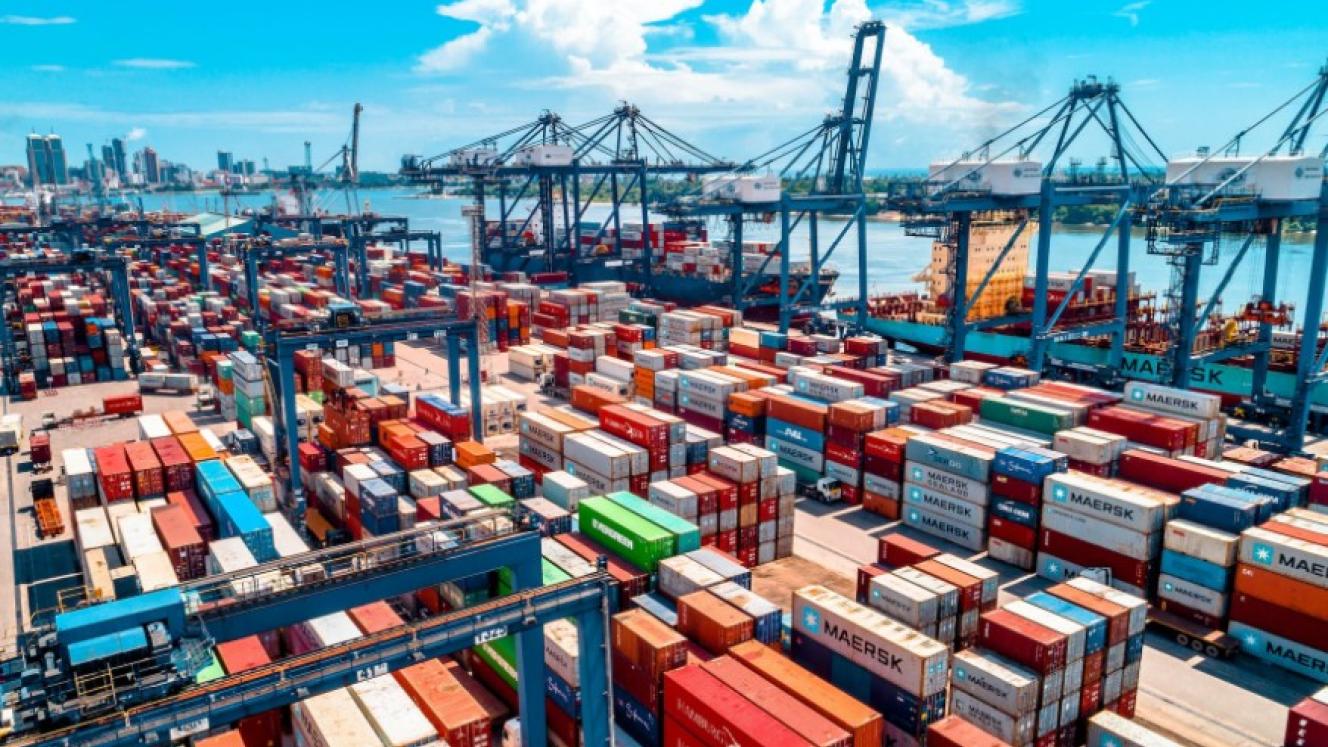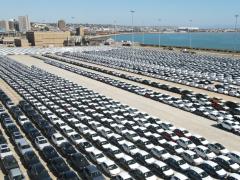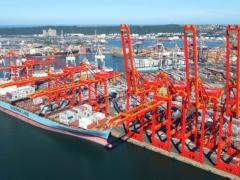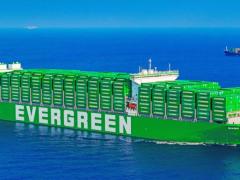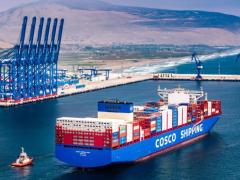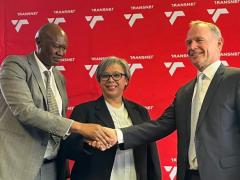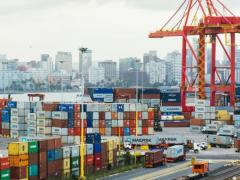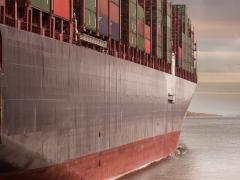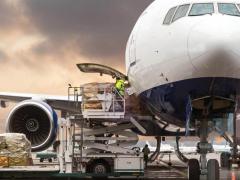The Road Freight Association (RFA) has welcomed tentative signs of recovery in South Africa’s battered logistics sector, but warned that road hauliers – who carry around 83% of the nation’s freight – are still battling congestion, poor land-side port efficiencies and a rail network that is yet to introduce private operators.
Reacting to the latest Ctrack Transport and Freight Index (TFI), which rose to 118.5 points in September, a 3.5% recovery from January’s post-pandemic low of 113.5, RFA CEO Gavin Kelly described the overall improvement as “a slow trajectory of improvement and growth – although return to levels last seen five to ten years ago is still far off”.
“Total logistics operations are on a slow trajectory of improvement and growth,” Kelly said.
“But domestic markets are flat. Some generic growth is visible, while international markets are still retreating as players juggle with alternatives to the USA consumption drop in stagnant tariff-inhibiting markets.”
The Ctrack TFI showed airfreight surging 6.8% year-on-year, driven by global e-commerce and pre-emptive importing ahead of threatened US tariffs. Sea freight (+1.7%) and rail (+3.2%) also posted modest gains, raising cautious optimism that Transnet’s reform programme is beginning to deliver.
However, road freight, the backbone of the sector, plunged 5.8% over the same period, hammered by prolonged unrest on the strategic N4 corridor to Mozambique and stubbornly high diesel prices.
“Queuing at terminals for road operations still remains a reality. Transnet has yet to open access to the players who have raised their hands in terms of rail. While the ports may be improving in terms of capex and equipment, the road operations still have hurdles and congestion on the land side,” Kelly said.
He highlighted that while vessel berthing times had improved, “accessibility of trainsets has not – and that is still some time away”.
Ctrack intelligence strategist Elize Kruger described the broader recovery as “a hesitant recovery at best – more crawl than sprint”, warning that “port congestion, border delays and the over-reliance on a handful of road routes continue to choke efficiency”.
Kelly echoed this concern, insisting the ultimate benchmark must be “seamless, synergistic transport systems – something the RFA has continuously highlighted over the past decade”.
“Payloads on rail are following a promising trajectory, but there is much work to be done to ensure the right quantities of rail-friendly freight are moved efficiently and continuously,” he said.
Kelly added that operators and potential investors were watching Transnet and other state-owned entities closely for proof that “the much talked-about core changes are off to a solid and irreversible start”.
“Volumes are one thing, consistent and sustainable operations are another,” he said.
Despite the challenges, the RFA reiterated its commitment to the industry.
“The RFA looks forward to continuing to provide the supportive and foundational role that road freight has, and always will, provide to import and export businesses and operations in southern Africa and the region,” Kelly said.

